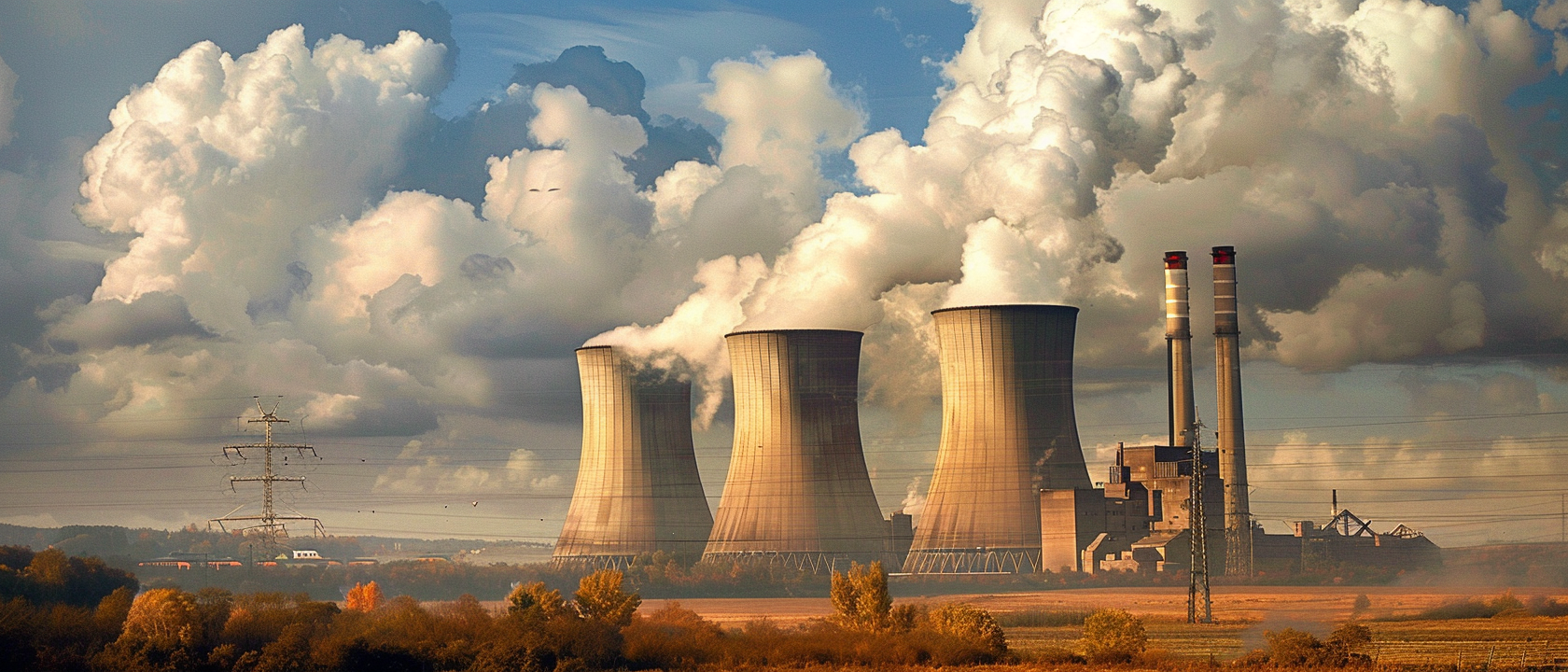

The EPA's Clean Power Plan 2.0, aiming for a 90% emission cut by 2032, faces backlash over risks to U.S. energy stability and legality.
The Environmental Protection Agency (EPA) has finalized a rule known as Clean Power Plan 2.0 (CPP), aimed at drastically reducing emissions from coal and natural gas power plants. According to the EPA, the goal is to cut emissions by 90% by 2032. This move has received significant backlash and legal challenges, as critics argue it could lead to grid instability and higher energy costs.
Coal and natural gas plants currently provide 60% of the U.S.'s energy, considered affordable, reliable, and essential for baseload power. However, under the CPP 2.0, these plants will be required to implement emission control technologies that some argue are not yet commercially viable. The rule stipulates that if plants do not comply, they risk closure.
Opponents of CPP 2.0 argue that the Biden administration should revoke the rule due to its potential negative impact on the American economy. Critics assert that the EPA is overstepping its authority, as the Supreme Court, in the landmark June 2022 decision of West Virginia vs. EPA, asserted that the EPA lacked statutory authority to regulate greenhouse gas emissions in the manner it had previously proposed.
A key point of contention is the reliance on carbon capture and storage (CCS) technology, which is seen as critical for the rule's implementation. Critics argue that CCS technology is not "adequately demonstrated" on the required scale, with concerns about its cost and impact on plant efficiency.
Furthermore, the Department of Energy reports that alternative energy sources such as wind and solar have shown reliability issues, with wind only reliable 33.5% of the year and solar for 24.9%. The wind industry experienced a decrease in generation last year, and the solar sector saw over 100 companies go bankrupt, raising concerns about the feasibility of relying on these sources.
The North American Electric Reliability Corporation (NERC) has warned that policies like CPP 2.0 could influence power plant operators to shut down facilities, potentially leading to electric reliability issues. In a 2023 hearing, Federal Energy Regulatory Commission (FERC) Commissioners Danly and Christie expressed concerns about a looming reliability crisis in the electricity markets.
Proponents of the rule have yet to respond to these criticisms publicly. However, the EPA has previously defended such regulations. As it stands, the finalized Clean Power Plan 2.0 faces Congressional disapproval resolutions and lawsuits that may halt its implementation.